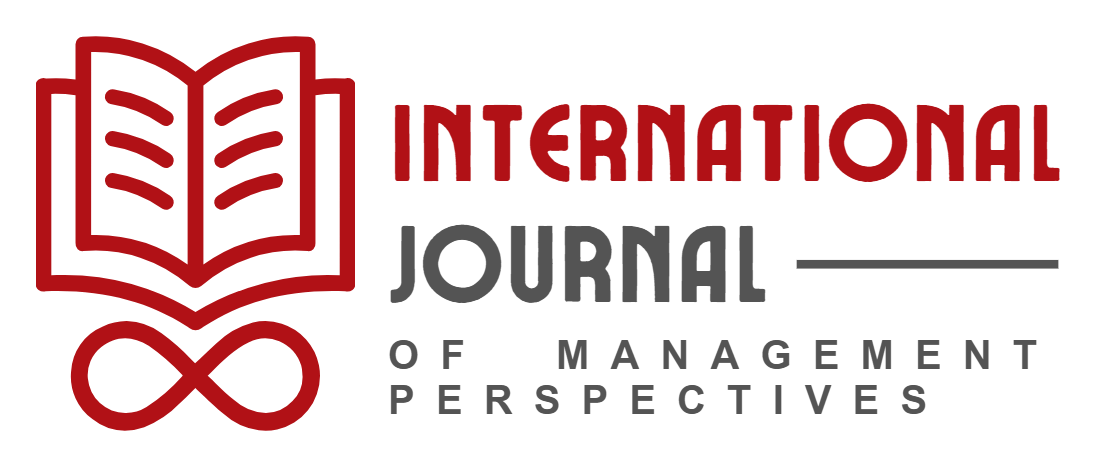Should I pursue an MBA in Healthcare Management?
Not ironically, professionals in the healthcare industry are faced with constant managerial challenges, including having to manage people, situations, resources and departments or organizations. All this leading to a common goal of providing quality care and saving lives, whilst minimizing risks to users of these services. The healthcare industry poses unique challenges which requires sound business and managerial strategies that can be translated and applied specifically to health care. As such an MBA in Healthcare Management can prepare you for a rewarding, transformational career in this dynamic industry.
Benefits of an MBA in Healthcare Management
Enhanced career opportunities: The COVID-19 pandemic-altered environment has created a renewed global interest in healthcare with an increased demand for professionals who can efficiently drive the changes toward lower costs, higher quality and universal care provision. Whether you are a healthcare professional seeking a new challenge or have no clinical experience but a passion for healthcare management, this program can help upskill you for an executive role in the industry and help translate your business knowledge and skills to the healthcare industry. An MBA in Healthcare Management will prepare you for healthcare leadership roles not just in hospitals or clinics, but also in medical funding, pharmaceuticals, governmental bodies, and even global organizations who are all demanding advanced sector-specific business and managerial skills to effectively execute their functions. A current trend in the healthcare industry is that management positions are mandating, with increased frequency, that candidates hold an upper-level management qualification, making an MBA in Healthcare Management a lucrative degree to possess, helping you stand out in selection processes for these roles.
Indispensable skills acquisition: The MBA in Healthcare Management will combine proven business management theory with 21st century sector-specific skills to make the necessary impact on the quality of healthcare provided to people. These essential skills include:
Being able to effectively manage the limited financial and economic resources in healthcare whilst applying sound ethical and fiscal principles in decision-making. Understanding technology use in healthcare and taking advantage of big data and data-driven decisions can prove invaluable in this digital era.
Advanced leadership and communication skills to solve complex problems with innovation and creativity, whilst inspiring your team to achieve better health outcomes. Anyone in upper-level managerial roles need to communicate effectively to be successful and show an understanding to all stakeholders including users of services offered, employees, funders and investors and political and regulatory influence. The stakes in healthcare are acutely high as misinformation and poor management can mean the difference between life and death.
Value-added benefits for your personal and professional growth: The MBA in Healthcare Management will boost your opportunities for career advancement and show other leaders that you have the skillset to be a compassionate yet bold manager in this complex industry. It will give you the knowledge needed to mitigate risks associated with high-stakes decision-making characteristic of healthcare, whilst providing skills to take advantage of emerging innovation and opportunities in the industry. Research is the cornerstone of healthcare, and an MBA in Healthcare Management will equip you to contribute to research in healthcare management, which can enable viable and needed improvements in the industry.
At REGENT BUSINESS SCHOOL, our MBA in Healthcare Management is designed to create successful and effective top-level managers by combining proven managerial education with the insights and expertise applicable specifically in the healthcare industry.
By Dr Nivisha Parag, Head of the REGENT’s School of Healthcare Management Studies


